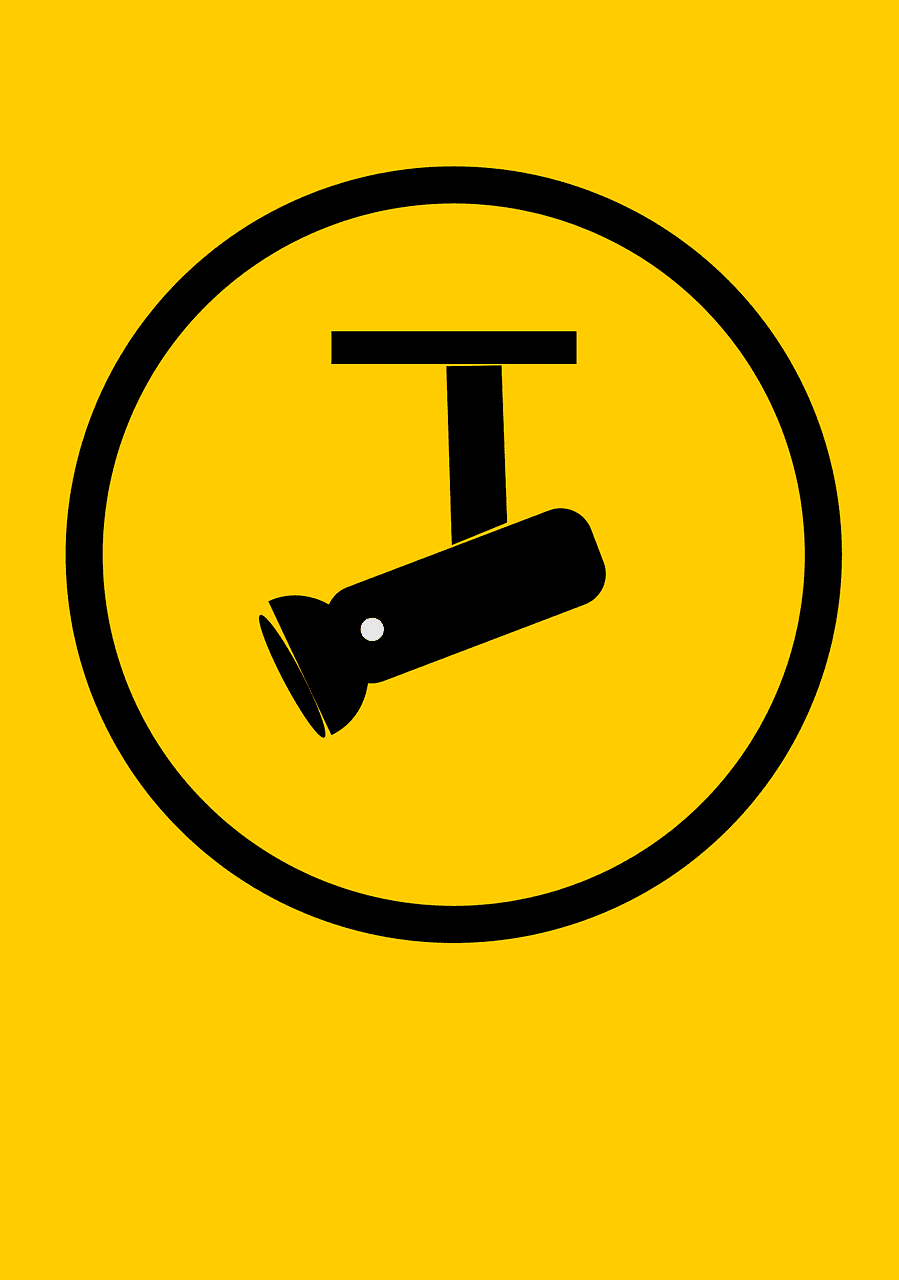What do you think about CCTV cameras in taxis?

Each person in the UK is recorded about 70 times a day by CCTV cameras in places ranging from shops and streets to our homes and offices . . . but they remain a contentious issue for taxi drivers.
Arguments for and against installing cameras in black cabs and private hire vehicles have rumbled on for years. Those in favour of them say that in the event of a serious allegation, or a claim on a driver’s taxi insurance, the cameras could provide vital evidence to support the driver.
Those against the cameras say they feel they are being spied on and the systems are an intrusion into their privacy.
Over the past 20 years, various licensing authorities have looked at ways to make CCTV cameras compulsory in all vehicles that operate as hire for reward and, despite the results of pilots and trials, all have been met with stiff opposition.
In one of the latest disputes, hundreds of taxi drivers held a protest outside their licensing authority headquarters in Cambridgeshire ahead of the mandatory introduction of CCTV cameras.
Cambridgeshire Live spoke to several cabbies who opposed South Cambridge District Council’s plan to make CCTV compulsory in taxis and private hire vehicles from last month. But following the protest, the council decided to push back the deadline to September.
Among those taking part in the protest were members of the Cambridge Taxi Driver Association, who went on strike to take part in the demonstration.
Many drivers say they are still recovering to make up for earnings lost during the pandemic and are objecting to the £500 cost of having CCTV cameras installed in their vehicles, in addition to rising running costs such as fuel and taxi insurance. They also say they cameras are an invasion of their privacy.
Taxi driver Nasir Uddin told Cambridgeshire Live: “We are protesting due to the CCTV because of our privacy, and they should protect our privacy in a working environment. There’s a cost element too – the amount of money to install CCTV.
“There were five complaints all year, that’s compared to five million jobs over a year. We believe there’s inadequate consultation, we think they should postpone the implementation of this role. We’re urging the Cambridgeshire community to support our action.”
Driver Maninder Singh agreed. He said: “We did our own research – we do five million jobs in Cambridge per annum, and there were five incidents in total from this, and they were only minor.
“I don’t know how they’ve come to this decision. Many taxi drivers use the car as their personal vehicle and they’d have to wait to switch it off after 30 minutes – it’s totally disrespecting our privacy. It should be up to the driver whether they want this kind of system installed in their car.”
The licensing authority said it had pushed back the deadline after listening to taxi drivers and the aim of the cameras is to improve safety.
The council’s lead cabinet member for licensing, Cllr Henry Batchelor, said: “Our aim is to keep both passengers and drivers safe. We consulted extensively while developing this policy and there was strong support for CCTV from residents.
“The installation of CCTV in taxis has been on the agenda for several years now and was only delayed because we recognised the difficulties the trade faced throughout the Covid-19 pandemic.
“Following research with suppliers, the cost of a CCTV system is around £500 for a taxi. Many taxi drivers also support the policy because they recognise the presence of CCTV will reduce the number of incidents of abusive and violent behaviour towards them.”
He added that recordings would be stored securely and would not be accessible by the driver or taxi operator.
Cllr Batchelor said: “Most of the images recorded will never even be seen because they will be erased after 28 days.
“Only if there is an incident or complaint will they be analysed by the police or other authorised officers when gathering evidence. For anyone who has family members or friends who drive taxis or travel in them, it should be reassuring to have the additional safety net that CCTV provides.”
Do you think CCTV cameras help keep taxi drivers safe?






